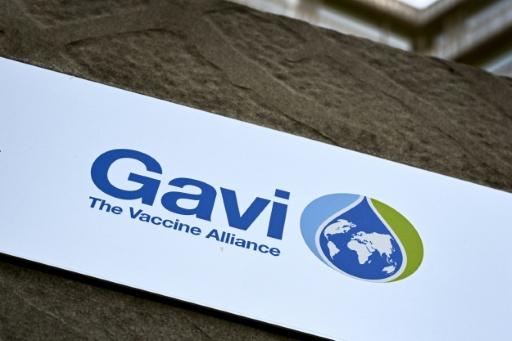Cervical cancer, a preventable disease, continues to be a significant health concern globally, disproportionately affecting women in low- and middle-income countries. However, a powerful shield against this threat has emerged in the form of the Human Papillomavirus (HPV) vaccine. A recent revelation from Gavi, the Vaccine Alliance, underscores the profound impact of this global vaccination push: it has saved an estimated 1.4 million lives. This monumental achievement offers a beacon of hope, particularly for nations like India, which bear a substantial burden of cervical cancer cases.
A Global Triumph with Profound Implications for India
Gavi’s announcement highlights a remarkable success story in global health. By supporting vaccine access in 58 low-income countries since 2012, the alliance has played a pivotal role in averting countless deaths. This global effort has not only provided direct protection but has also spurred increased awareness and political will to tackle cervical cancer, which is the fourth most common cancer among women worldwide.
For India, these statistics resonate deeply. Cervical cancer remains the second most common cancer among Indian women and a leading cause of cancer-related deaths. The country accounts for nearly a quarter of the global cervical cancer burden, with an estimated 1.25 lakh new cases and 75,000 deaths annually. The high incidence in India is often attributed to a combination of factors including lack of awareness, limited access to screening facilities, and socio-economic disparities.
The lessons from Gavi’s success are particularly pertinent as India accelerates its own fight. The Indian government recently launched a significant initiative to introduce the HPV vaccine into its Universal Immunisation Programme (UIP) for girls aged 9-14. This move is a crucial step towards preventing cervical cancer at a large scale. Furthermore, the development of India’s first indigenously developed quadrivalent HPV vaccine, CERVAVAC, by the Serum Institute of India, marks a monumental step towards ensuring affordable and accessible vaccination for millions of young girls across the nation. This self-reliance in vaccine production is critical for achieving widespread coverage and reducing dependence on imports, making the ‘Made in India’ vaccine a game-changer for public health.
Addressing Challenges and Expanding Vaccine Reach
While the global achievements are commendable, the path to a cervical cancer-free future is not without its challenges. Ensuring equitable access, combating misinformation, and maintaining high vaccination rates are ongoing priorities. Gavi’s model demonstrates that strategic partnerships and sustained investment are key to overcoming these hurdles, particularly in resource-constrained settings.
In India, the rollout of the HPV vaccine through the UIP presents a logistical undertaking of immense proportions. Challenges include reaching diverse populations, especially in rural and remote areas, overcoming vaccine hesitancy often fuelled by misinformation, and ensuring robust cold chain management. Public health campaigns focusing on awareness, debunking myths, and highlighting the safety and efficacy of the vaccine will be paramount to its success. School-based vaccination programs, combined with community outreach through Anganwadi workers and ASHAs, are expected to be vital in achieving high coverage rates.
The push for vaccination is not merely about preventing a disease; it’s about empowering women to live healthier lives and reducing the economic burden on families and the healthcare system. As Dr. Sethi, a prominent oncologist based in Delhi, remarked, “The HPV vaccine is one of the most powerful tools we have in preventative medicine. Gavi’s figures are a testament to its efficacy, and for India, integrating this vaccine systematically into our national health programs means we are actively working towards eliminating a significant cause of suffering and premature death among our women. It’s an investment in the future health of our nation.”
The 1.4 million lives saved globally serve as a powerful testament to what is possible when science, policy, and global collaboration converge. For India, this represents not just a statistic, but a clear pathway towards safeguarding the health of its female population, fostering a healthier society, and ultimately striving for a future where cervical cancer is a disease of the past.
As India embarks on its comprehensive HPV vaccination journey, sustained efforts in awareness, accessibility, and community engagement will be crucial to translate global success into widespread national impact. The vision of a cervical cancer-free India is ambitious, but with dedicated action and the proven efficacy of the vaccine, it is an achievable reality.




